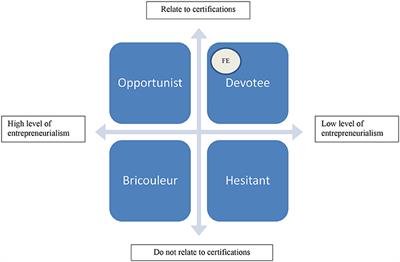EDITORIAL
Published on 21 Feb 2022
Editorial: Environmental Sustainability in Sports, Physical Activity and Education, and Outdoor Life
doi 10.3389/fspor.2022.853599
- 23,376 views
- 8 citations
15k
Total downloads
111k
Total views and downloads
EDITORIAL
Published on 21 Feb 2022
ORIGINAL RESEARCH
Published on 16 Dec 2021
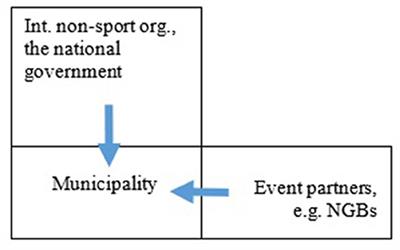
ORIGINAL RESEARCH
Published on 28 Oct 2021
ORIGINAL RESEARCH
Published on 16 Sep 2021

ORIGINAL RESEARCH
Published on 23 Jul 2021

ORIGINAL RESEARCH
Published on 15 Jul 2021
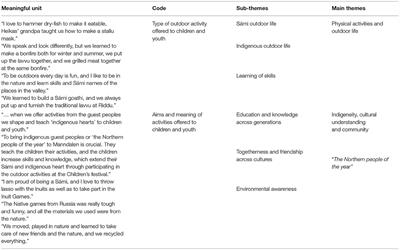
ORIGINAL RESEARCH
Published on 11 Jun 2021
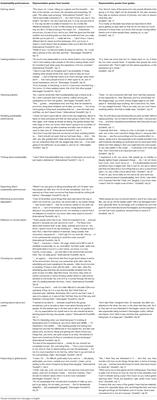
ORIGINAL RESEARCH
Published on 01 Jun 2021

ORIGINAL RESEARCH
Published on 31 May 2021
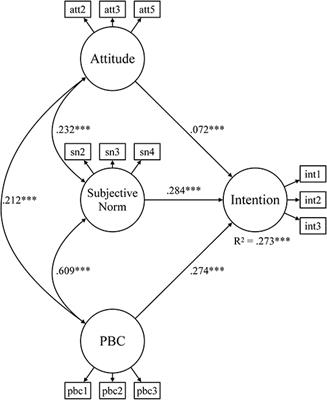
PERSPECTIVE
Published on 28 May 2021
ORIGINAL RESEARCH
Published on 14 May 2021
ORIGINAL RESEARCH
Published on 13 May 2021
